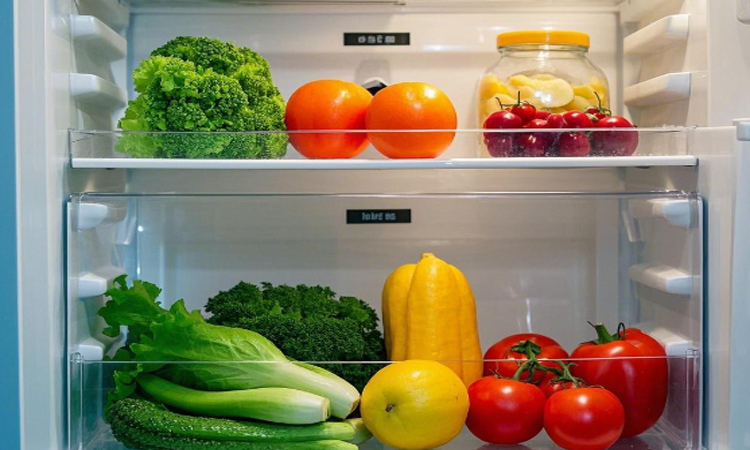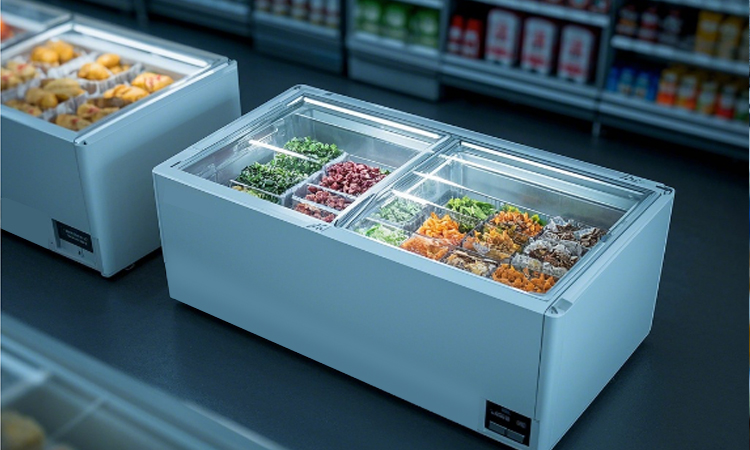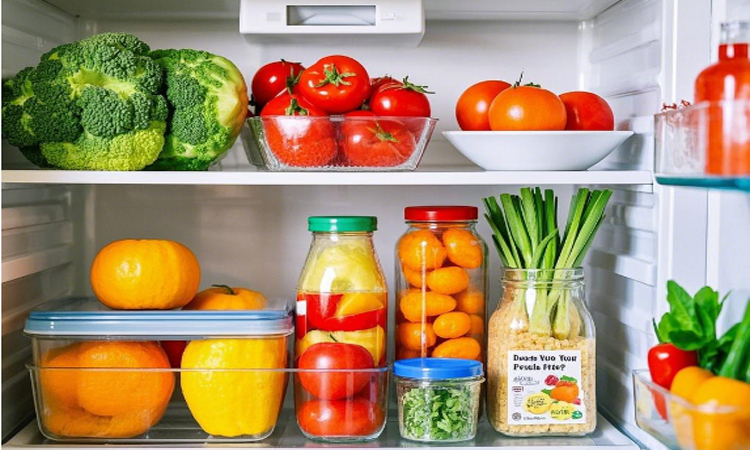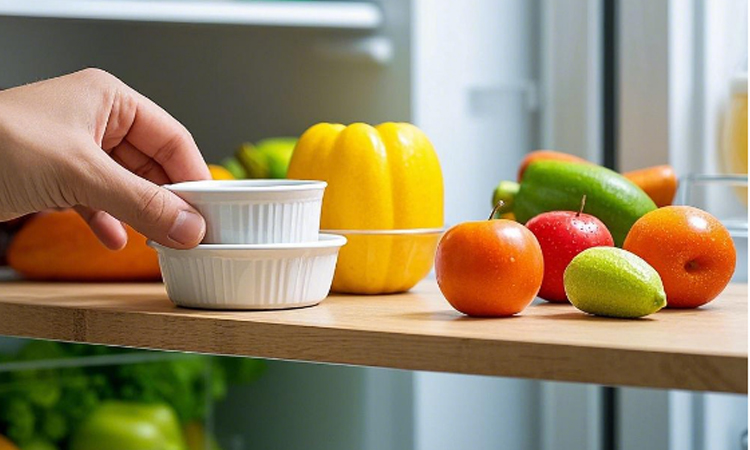
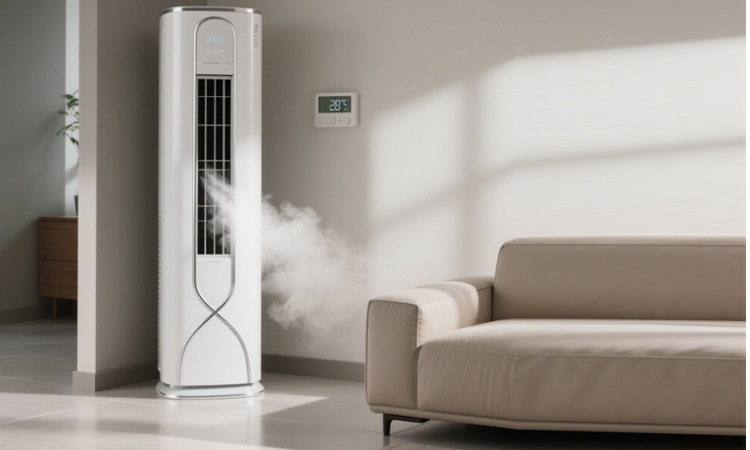
Freezer cabinets are an essential appliance in both residential and commercial settings, providing a reliable means of preserving food and other perishable items. However, the performance and longevity of these units can be significantly influenced by the environment in which they are placed. Understanding these impacts is crucial for optimal operation and maintenance.
Temperature
Temperature is a critical factor affecting freezer cabinets. In warm environments, freezers have to work harder to maintain the desired low temperatures, which can lead to increased energy consumption and potential wear and tear on the compressor. Conversely, in colder climates, freezers may not need to work as hard, which can prolong their lifespan and reduce energy bills.
Humidity
Humidity levels can also play a role in the performance of freezer cabinets. High humidity can lead to increased condensation, which might affect the insulation and the overall efficiency of the unit. On the other hand, low humidity can cause the food stored within the freezer to dry out more quickly, affecting its quality.
Vibration and Dust
Freezers placed in areas with high vibration, such as near heavy machinery or on uneven floors, can experience mechanical stress that could lead to premature failure. Similarly, dust accumulation can hinder the airflow around the condenser coils, reducing cooling efficiency and increasing the risk of overheating.
Light and Radiation
While freezers are typically not sensitive to light, prolonged exposure to direct sunlight or other sources of radiation can cause the exterior to fade or become damaged over time. This is more of a cosmetic issue but can also affect the resale value of the appliance.
To ensure the best performance and longevity of your freezer cabinet, it's essential to consider the environmental conditions it will be subjected to. By taking steps to control temperature, humidity, and other factors, you can help protect your investment and keep your food fresher for longer.


